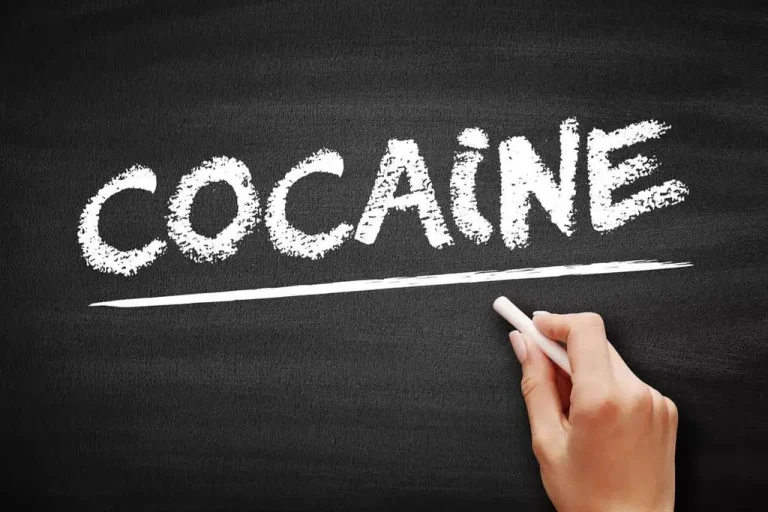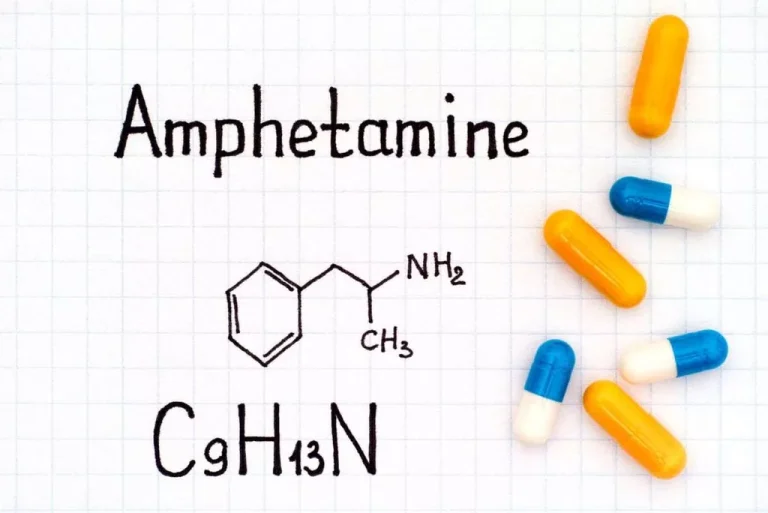Symptoms and causes

It can lead to things like cancer, liver disease, and heart disease. But drinking a large amount of alcohol in a short period of time can also be deadly. It can cause alcohol poisoning or lead to other dangers like motor vehicle accidents. Managing alcohol intake is crucial not only for physical health but also for preserving your mental well-being.
- Receive free access to exclusive content, a personalized homepage based on your interests, and a weekly newsletter with topics of your choice.
- It can happen when you drink alcohol faster than your body can filter it out of your blood.
- This chemical also interferes with the liver’s ability to break down and metabolize fats.
- Liver failure means that your liver no longer works properly.
- But women are more likely to experience domestic abuse or sexual assault when alcohol is involved.
- It can inflame the stomach lining, causing heartburn and nausea.
More on Substance Abuse and Addiction
By becoming a Vox Member, you directly strengthen our ability to deliver in-depth, independent reporting that drives meaningful change. Sorry, an error occurred processing your subscription request. For answers, we called on Therese Bevers, M.D., medical director of MD Anderson’s Cancer Prevention Center, and Victoria Lee, a senior clinical dietitian. The sudden removal of alcohol can cause fatal arrhythmias, where the heartbeat becomes so irregular the heart fails. This complicated biological process is due to the fact that alcohol interferes with the balance of GABA (an inhibitory neurotransmitter) and glutamate (an excitatory neurotransmitter). Too much alcohol can harm you physically and mentally in lots of ways.
Managing alcohol withdrawal
It should not be used to replace the suggestions of your personal physician or other health care professionals. This condition can cause enlarged veins, swelling of the legs, ankles, and feet, and infections in the intestines. Portal hypertension can also lead to hepatic encephalopathy, which contributes to the buildup of toxins in the brain and creates confusion and thinking difficulties.
- It usually lasts for between two and three days, and it can be fatal.
- Some chronic alcoholics develop a condition called Wernicke-Korsakoff syndrome, which results from a thiamine (vitamin B-1) deficiency.
- Even drinking alcohol while taking over-the-counter antihistamines can be dangerous.
- The end-stage alcoholic suffers from a host of physical problems, including severe damage to vital organs such as the liver.
- For more information about alcohol’s effects on the body, please visit the Interactive Body feature on NIAAA’s College Drinking Prevention website.
Your Liver May Be Damaged
- Other health complications, like heart problems and stroke, stem from chronic alcohol abuse in end-stage alcoholism.
- Alcohol in the stomach and intestine continues to enter the bloodstream and circulate throughout the body.
- “Cutting back one drink is a risk reduction, but the greatest risk reduction is going from three drinks to zero,” Bevers says.
- Heavy drinking can also lead to a host of health concerns, like brain damage, heart disease, cirrhosis of the liver and even certain kinds of cancer.
- It’s a life-threatening, late-stage liver disease that can stop the liver from properly filtering blood.
When your liver finishes that process, alcohol gets turned into water and carbon dioxide. Dr. Sengupta shares some of the not-so-obvious effects that alcohol has on your body. You may be given fluids, which may be given into your veins with a drip. You may also be given help with your breathing until the effects of the alcohol wear off. For more information about alcohol’s effects on the body, please visit the Interactive Body feature on NIAAA’s College Drinking Prevention website.

Alcohol use disorder

Longer-term, it may impair liver function, increase the risk of certain cancers and adversely affect cognitive and mental health. In the first stage, people begin to experiment with drinking larger amounts of alcohol. While they may not drink every day, or even every week, when they do drink, they consume several alcoholic beverages at a time. Generally, binge drinking is considered to be five or more drinks in two hours for men and four or more drinks in two hours for women.


Know the danger signals, and if you suspect that someone has an alcohol overdose, call 911 for help immediately. Do not wait for the person to have all the symptoms, and be aware that a person who has passed out can die. Don’t play doctor—cold showers, hot coffee, and walking do not reverse the effects of alcohol overdose and could actually make things worse. Those who maintain that they can hold their liquor, meaning that they can drink larger amounts with fewer apparent effects, may drink in excess to feel intoxicated. A higher tolerance for alcohol does not mean the body is impervious to the effect of alcohol; it means that drinkers should be more cautious.
If you have a little too much alcohol once in a while, it probably won’t do lasting damage if you’re otherwise healthy. If you drink every day, or almost every day, you might notice that you catch colds, flu or other illnesses more frequently than people who don’t drink. That’s because alcohol can weaken your immune system, slow healing and make your body more susceptible to infection. Your body breaks alcohol down into a chemical called acetaldehyde, which damages your DNA. Damaged DNA can cause a cell to grow out of control, which results in cancerous tumors.
How does drinking alcohol affect a person’s chances of cancer recurrence?
The most severe form of alcohol withdrawal is delirium tremens (DTs), characterized by altered mental status and severe autonomic hyperactivity that may lead to cardiovascular collapse. Only about 5 percent of patients with alcohol can being an alcoholic kill you withdrawal progress to DTs, but about 5 percent of these patients die. Meanwhile, the liver is able to process alcohol at a rate of about one standard drink an hour, so somebody who spaces out their drinks is likely to decrease their chances of dying from drinking alcohol. Too much alcohol affects your speech, muscle coordination and vital centers of your brain. A heavy drinking binge may even cause a life-threatening coma or death.
Harmful Effects of Alcohol
Alcohol can damage the cells in your mouth, throat, voice box, and esophagus. It can lead to cancers in your liver, breast, and intestines. Alcohol can help cancer-causing chemicals in tobacco and other sources enter your cells more easily. You may know about the dangers of blood clots and high levels of fats and cholesterol in your body. Studies of heavy drinkers also show that they are more likely to have trouble pumping blood to their heart and may have a higher chance of dying from heart disease.
Impact on your health
The liver is also responsible for detoxifying your body from chemicals and drugs in addition to making proteins that impact blood clotting. You don’t need to wait until the brink of disaster to seek help. No matter the stage of the disease, if you or someone you love is struggling with alcohol addiction, seek professional help to achieve the benefits of quitting alcohol and learn how to live a healthier life. Once detox is complete, alcoholics can begin tackling problematic behaviors related to their addiction and learn how to live sober again. Because alcoholism is a chronic disease and alcohol relapse is common, persistence is a necessity — but success is achievable.



